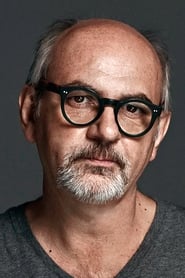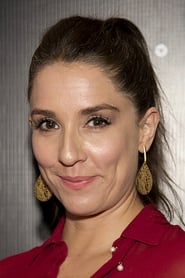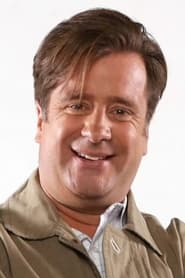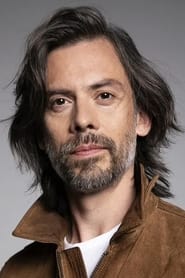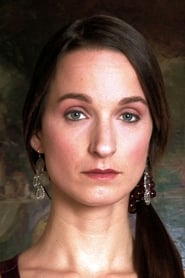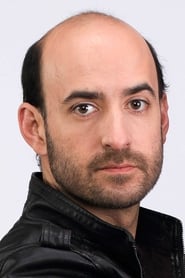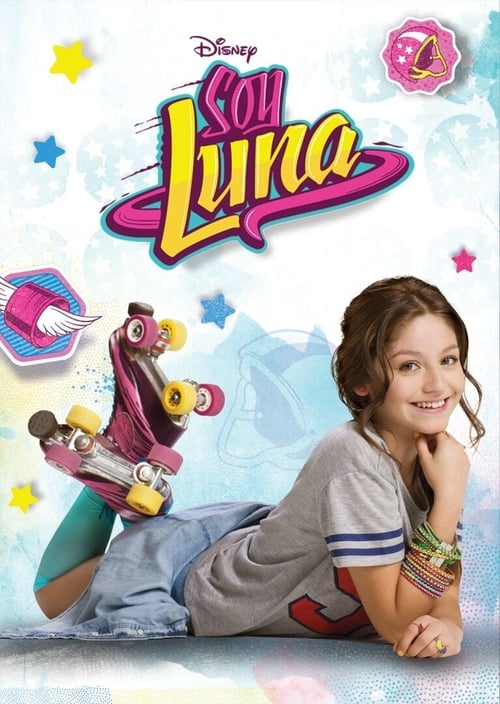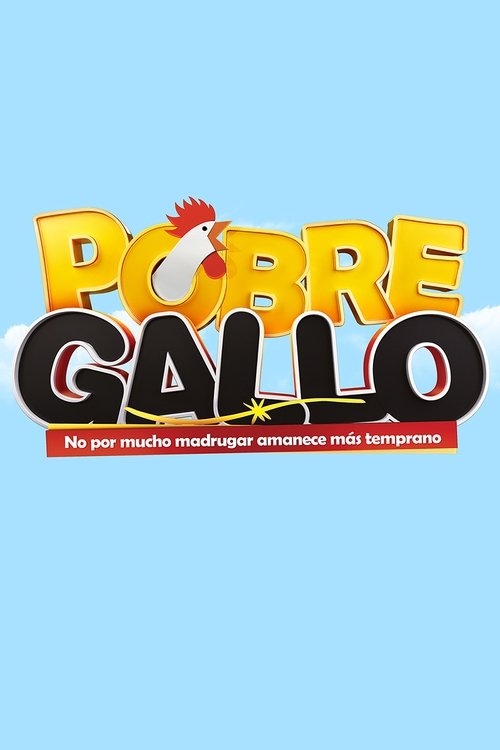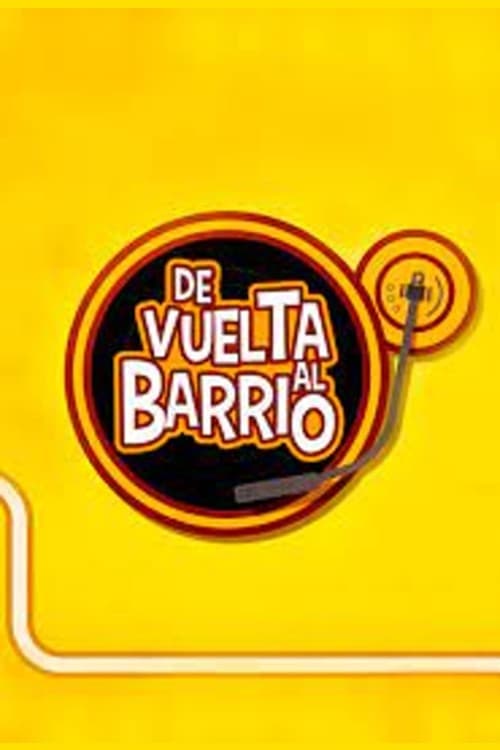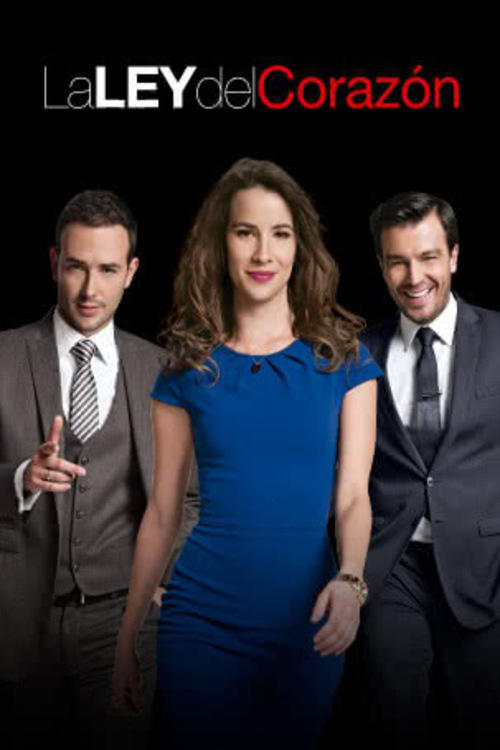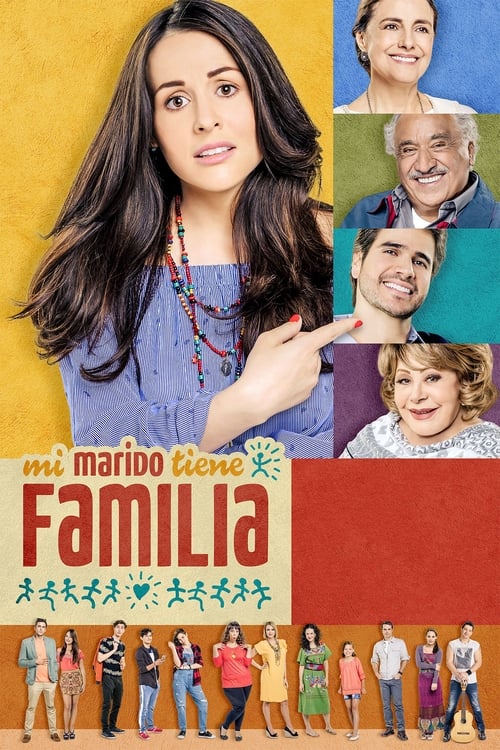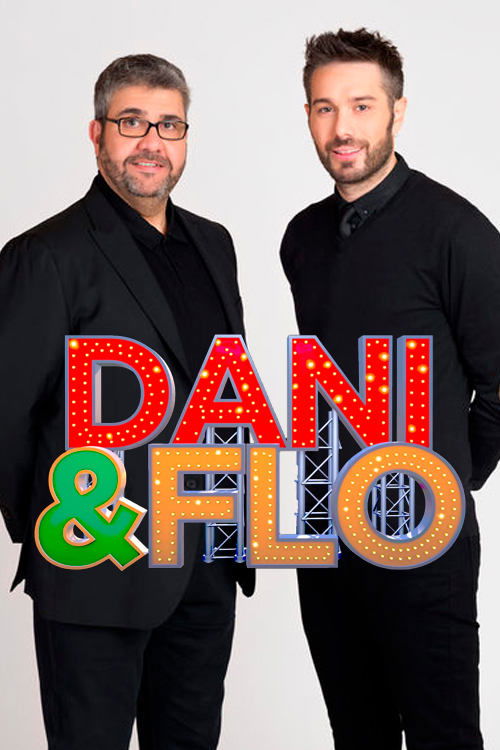
Ask Your Own Question
What is the plot?
In the first episode of "Papá mono," we are introduced to the main character, a single father named Mono, who is struggling to raise his two children, a teenage daughter named Valentina and a young son named Tato. The episode opens with Mono waking up in a cluttered apartment, showcasing his chaotic life. He juggles getting the kids ready for school while dealing with his own job as a street performer. The tension is palpable as Valentina expresses her frustration with their living conditions and her father's inability to provide a stable environment.
As the day progresses, Mono takes Tato to school, where he faces judgment from other parents and teachers about his unconventional lifestyle. Tato, eager to fit in, feels the pressure of his father's reputation. Meanwhile, Valentina is dealing with her own issues at school, including bullying and the desire for independence. The emotional strain on the family is evident as they navigate their daily lives.
Later, Mono performs on the street, showcasing his juggling skills. He draws a small crowd, but the money he earns is barely enough to cover their expenses. After his performance, he encounters an old friend who offers him a chance to join a traveling circus. Mono is torn between the opportunity for a better life and the fear of leaving his children behind. This decision weighs heavily on him throughout the episode.
In a pivotal scene, Mono returns home to find Valentina upset after a confrontation with her classmates. He tries to comfort her, but his words fall flat, highlighting the growing distance between them. Valentina expresses her desire for a normal life, which leads to a heated argument. Mono feels helpless, realizing that he is failing to meet his children's emotional needs.
The episode culminates in a family dinner where tensions reach a breaking point. Valentina storms out, and Mono is left to reflect on his choices. He grapples with feelings of inadequacy as a father, questioning whether he can provide the stability his children crave. The episode ends with Mono sitting alone in the dark, contemplating his future and the sacrifices he must make for his family.
In the following episodes, the story continues to explore Mono's struggles as he attempts to balance his dreams with his responsibilities as a father. He faces various challenges, including financial difficulties, the pressure of parenting, and the desire to pursue his passion for performing. Each episode delves deeper into the dynamics of the family, revealing their individual struggles and the impact of Mono's decisions on their lives.
As the season progresses, Mono's relationship with Valentina becomes increasingly strained. She begins to rebel against his authority, seeking independence and a life away from their chaotic home. Mono, in turn, becomes more desperate to connect with her, leading to a series of miscommunications and conflicts. The emotional stakes rise as Valentina's actions put her in dangerous situations, forcing Mono to confront the reality of his parenting.
In a significant turning point, Mono finally decides to take the opportunity with the circus, believing it could provide a better future for his children. However, this decision leads to a dramatic confrontation with Valentina, who feels betrayed and abandoned. The emotional fallout from this decision reverberates throughout the family, leading to a series of events that test their bonds.
The season builds towards a climax where Mono must face the consequences of his choices. A critical moment occurs when Tato gets into trouble at school, prompting Mono to reevaluate his priorities. He realizes that he must be present for his children, regardless of his dreams. This realization leads to a heartfelt reconciliation with Valentina, where they both express their fears and desires.
In the final episodes, Mono takes steps to create a more stable environment for his family. He begins to prioritize their needs over his ambitions, leading to a renewed sense of hope. The season concludes with a sense of unity as the family comes together to support one another, showcasing their growth and resilience in the face of adversity. Mono's journey as a father is marked by challenges, but ultimately, he learns the importance of being there for his children, setting the stage for future developments in their lives.
What is the ending?
In the ending of "Papá mono," the main characters face the culmination of their struggles and relationships. The story concludes with a sense of resolution as they confront their pasts and make choices that will shape their futures.
As the final scenes unfold, we see the characters grappling with their emotions and the consequences of their actions. The protagonist, who has been on a journey of self-discovery and reconciliation, finds a moment of clarity. The relationships that have been strained throughout the season reach a pivotal point, leading to heartfelt confrontations and reconciliations. The ending leaves the audience with a sense of hope, as the characters take steps toward healing and new beginnings.
As the final episode of "Papá mono" unfolds, the atmosphere is thick with tension and anticipation. The sun sets over the small town, casting long shadows that mirror the characters' internal struggles.
Scene 1: The protagonist, a father figure who has been navigating the complexities of parenthood and personal responsibility, stands in his living room, staring at old photographs. Each image reflects a moment of joy and pain, encapsulating his journey. He feels the weight of his past decisions pressing down on him, and the emotional turmoil is palpable. He knows he must confront his estranged child, who has been distant and hurt by his choices.
Scene 2: Meanwhile, the estranged child is seen in their room, surrounded by remnants of their childhood. The walls are adorned with drawings and memories that evoke a sense of longing. They wrestle with feelings of abandonment and confusion, torn between the desire for reconciliation and the fear of being hurt again. The internal conflict is evident as they pace back and forth, contemplating whether to reach out to their father.
Scene 3: The father finally gathers the courage to visit his child. He arrives at their doorstep, heart racing, and knocks hesitantly. The door opens slowly, revealing the child, who stands frozen in surprise. The air is thick with unspoken words as they lock eyes, both feeling the weight of their shared history. The father takes a deep breath, his voice trembling as he apologizes for his past mistakes, expressing his desire to make amends.
Scene 4: The child listens, emotions swirling within them. They feel anger, sadness, and a flicker of hope. After a moment of silence, they invite their father inside. The conversation that follows is raw and emotional, filled with tears and heartfelt confessions. They discuss the pain of separation and the longing for connection, each revealing their vulnerabilities. The father shares his regrets, while the child expresses their feelings of neglect and hurt.
Scene 5: As the night deepens, the atmosphere shifts from one of tension to one of understanding. They begin to bridge the gap that has kept them apart for so long. The father promises to be present and to work on rebuilding their relationship, while the child tentatively agrees to give him another chance. The scene is filled with a sense of cautious optimism, as they embrace, signaling the beginning of a new chapter.
Scene 6: In the final moments, we see the father and child engaging in simple activities together, like cooking and laughing, symbolizing the rebuilding of their bond. The camera pans out, capturing the warmth of their home filled with laughter, a stark contrast to the loneliness that once defined their lives.
The episode concludes with a montage of the other main characters, each finding their own paths toward healing and growth. The mother figure, who has been a source of strength, reflects on her journey and the importance of family. The friends who have supported the protagonist throughout the season also find resolution in their own lives, showcasing the theme of community and connection.
As the credits roll, the audience is left with a sense of hope and the understanding that while the journey of reconciliation is ongoing, the characters are now equipped to face the future together, united by their shared experiences and newfound understanding.
Is there a post-credit scene?
In "Papá mono," season 1, there is indeed a post-credit scene that adds a humorous twist to the episode's conclusion. After the credits roll, viewers are treated to a brief moment featuring the main character, a quirky and lovable father figure, engaging in a light-hearted interaction with his children.
In this scene, the father is attempting to teach his kids a new dance move that he insists is "the latest trend." His exaggerated movements and over-the-top enthusiasm create a comical atmosphere, as the children watch him with a mix of amusement and disbelief. The father, oblivious to their reactions, continues to dance with increasing fervor, even encouraging them to join in.
As the scene progresses, the children eventually give in, and they all end up in a chaotic but joyful dance-off in the living room. The camera captures their laughter and the warmth of their bond, showcasing the show's underlying themes of family and togetherness. The scene ends with the father tripping over a toy, leading to a cascade of laughter from the kids, perfectly encapsulating the light-hearted spirit of the series.
What challenges does the main character face in his role as a father?
The main character, a single father, grapples with the complexities of raising his children while managing his own personal struggles. He faces challenges such as balancing work and family life, dealing with the emotional fallout of his past relationships, and navigating the difficulties of parenting in a modern world. His internal conflict often leads to moments of self-doubt and frustration, but also to growth and deeper connections with his children.
How does the relationship between the father and his children evolve throughout the season?
Throughout the season, the relationship between the father and his children undergoes significant development. Initially, there is a sense of distance and misunderstanding, as the father struggles to connect with his kids who are dealing with their own issues. However, as the episodes progress, they experience various challenges together, leading to moments of vulnerability and bonding. The father learns to listen and empathize, while the children begin to appreciate his efforts, culminating in a more cohesive family dynamic.
What role do the father's friends play in the story?
The father's friends serve as a crucial support system throughout the season. They provide comic relief, offer advice, and sometimes challenge the father's decisions, reflecting different perspectives on parenting and life. Their interactions often highlight the father's struggles and triumphs, and they help him navigate the complexities of single parenthood. The friends also have their own subplots that intertwine with the main narrative, adding depth to the overall story.
What specific events lead to the father's moments of self-discovery?
Key events that lead to the father's moments of self-discovery include a series of crises involving his children, such as a school incident that forces him to confront his parenting style, and a personal setback that makes him reevaluate his life choices. These moments are often accompanied by emotional confrontations, both with his children and within himself, prompting him to reflect on his past and his aspirations for the future. Each event serves as a catalyst for growth, pushing him to become a more engaged and understanding parent.
How does the father's past influence his parenting style?
The father's past significantly influences his parenting style, as he often reflects on his own upbringing and the mistakes he wants to avoid repeating. Flashbacks reveal his childhood experiences, including the absence of a nurturing figure, which instills in him a desire to be present and supportive for his children. However, his unresolved issues sometimes lead to overcompensation or miscommunication, creating tension in his relationships. This internal struggle shapes his journey throughout the season as he seeks to break the cycle of his past.
Is this family friendly?
"Papá mono" is generally considered family-friendly, but there are a few aspects that might be objectionable or upsetting for children or sensitive viewers.
-
Emotional Struggles: The show delves into themes of family dynamics, including conflict and misunderstandings, which may evoke strong emotions. Some scenes depict characters experiencing sadness or frustration, which could be intense for younger viewers.
-
Parental Challenges: The series portrays the challenges of parenting, including moments of stress and anxiety that parents face. This might resonate with children who are sensitive to adult issues.
-
Mild Language: There are instances of mild language that may not be suitable for very young children, depending on the viewer's sensitivity to such content.
-
Conflict Resolution: Some scenes involve arguments or disagreements between characters, which could be unsettling for viewers who are sensitive to conflict.
-
Social Issues: The show touches on social themes that may be complex for younger audiences to fully understand, such as economic struggles or societal expectations.
Overall, while "Papá mono" is designed to be accessible to families, these elements may require parental guidance for younger viewers.


